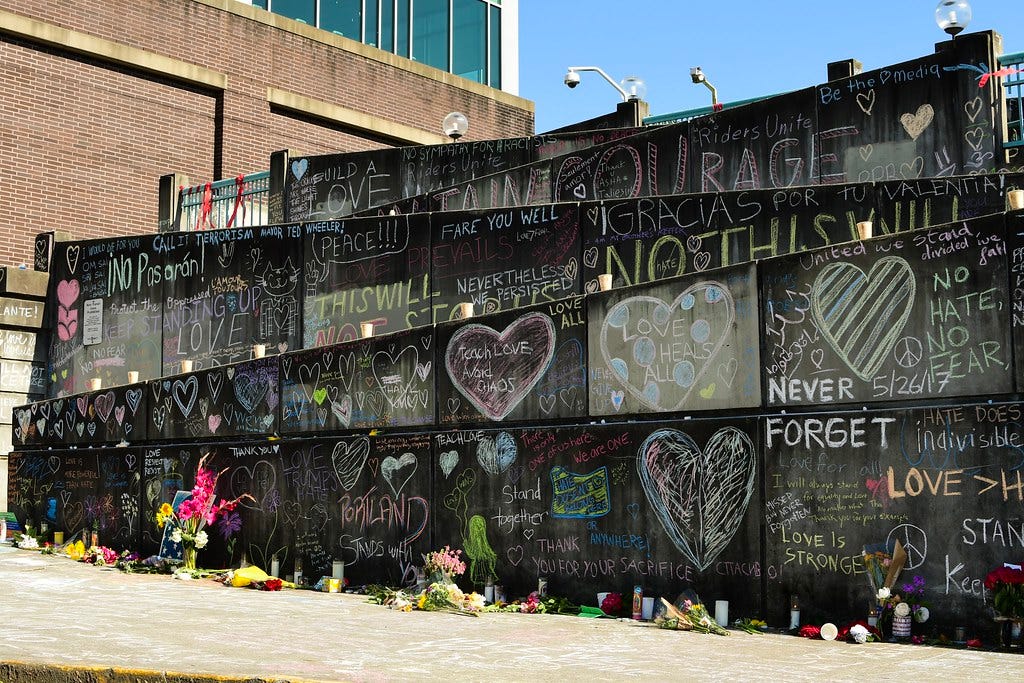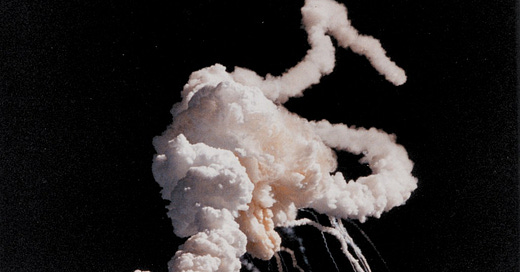Elden Rosenthal: What does it really mean to be a hero?
All heroes, successful or not, teach us about our humanity and demonstrate that our lives are not measured in years, but in deeds.
Oregon trial lawyer, 1972-2017. Member, Board of Directors, Southern Poverty Law Center.
During my sophomore or junior year English class in high school we read a short story by Stephen Crane titled A Mystery of Heroism. I recalled the story recently when reading the obituary of Allan McDonald, a former Morton Thiokol rocket engineer.
Crane’s short story takes place during a fearsome, unnamed battle of the Civil War. A Union soldier is dared to traverse no man’s land between the fighting armies and collect water from a well. Facing almost certain death, the private accepts the dare and somehow reaches the well. Crazed with fear he manages to return to his unit’s safety, a hero with a bucket full of water. His heroism is almost immediately made moot when a careless officer drops the bucket. It was all for naught.

Allan McDonald was the Morton Thiokol engineer in charge of the booster rocket that launched Challenger on January 28, 1986. I recall where I was and how I felt when the Challenger exploded. There was this instant agony and dread. The whole nation mourned. McDonald and his team of five engineers were especially grieved, as they had attempted to stop the launch from going off as planned.
The morning before the launch McDonald received a call from a member of his team urging McDonald to stop the launch. Freezing temperatures had convinced the engineers that the O-rings which sealed the booster rocket joints were compromised. McDonald risked his career attempting to stop the launch. NASA officials and Morton Thiokol executives ignored McDonald’s pleading. McDonald later interjected himself into a closed hearing of the Presidential Commission investigating the tragedy, contradicting false testimony from a NASA official. McDonald’s bosses were furious and demoted him. His demotion was overturned only after pressure on Morton Thiokol was exerted by the Presidential Commission.
What is a hero? Who are heroes? Stephen Crane’s soldier successfully collected the bucket of water in a state of confusion and fear, yet nothing was accomplished. McDonald risked his career to buck NASA officials and his employer, yet failed to save the lives of the seven astronauts aboard Challenger.
Our recent history is sprinkled with other “unsuccessful” heroes. During the hijacking of United Airlines Flight 93 on 9/11, forty passengers died fighting to regain control of the aircraft. In 2017, three men stepped in front of a crazed white supremacist who was screaming slurs at two young women of color on a Portland light rail train in 2017. The supremacist attacked the three men, injuring Micah David-Cole Fletcher and killing Ricky John Best and Taliesin Myrddin Namkai-Meche. Last summer, Lt. Col Alexander Vindman, a member of the White House National Security Council, testified against the President during the failed Ukraine impeachment trial, and was promptly fired and escorted from the White House after the acquittal.
These folks are all heroes. One can distinguish physical bravery from standing up to institutional wrongdoing, but those who do either are heroes. They risk their futures to do the right thing.

What is it that distinguishes heroes from the rest of us? Would I have had the courage to step aside, as did Captain Edward Smith, and allow others into life boats while the Titanic was foundering? Would I have risked execution as Miep Gies and others did to hide Anne Frank during the occupation of Amsterdam? Would I have registered voters with James Chaney, Andrew Goodman, and Michael Schwerner in Mississippi in the spring of 1964, or marched across the Pettus bridge with Martin Luther King in 1965?
The last year has been disheartening. Not only because of the pandemic, but because of the failures of those who could have been political heroes. But there are still heroes everywhere among us. On the train in Portland, in the emergency rooms of New York and Los Angeles, in Seattle where Jennifer Haller became the first person in the US to be injected with a trial COVID vaccine, and in the Willamette National Forest where Rural Fire Protection District Chief Christiana Rainbow Plews and her crew remained on the front lines while their homes burned.
Stephen Crane taught us that heroes are not necessarily made of sterner stuff than the rest of us. History teaches us that not all heroes succeed. But all heroes, successful or not, teach us about our humanity and demonstrate that our lives are not measured in years, but in deeds.
************************************
Editor’s Note: Elden’s essay got me thinking about heroic acts made by Oregonians. For example, Senator Wayne Morse casting one of two votes against the Gulf of Tonkin Resolution in the Senate. Who are your Oregon heroes? What heroic acts would you like to call attention to?



